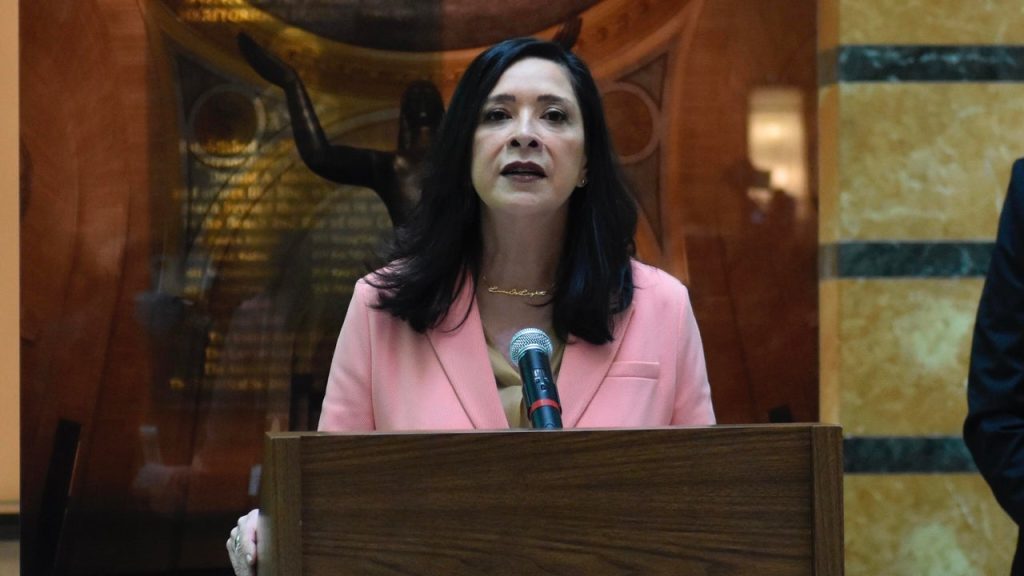As threats against federal judges rise sharply across the United States, a disturbing new tactic has emerged: “pizza doxxing.” CBS News has learned that unknown individuals are sending unsolicited pizza deliveries to judges’ home addresses, often using the name of a slain judge’s son, as a form of psychological intimidation.
In about two dozen reported cases, the pizzas were ordered under the name Daniel Anderl, the late son of U.S. District Judge Esther Salas. Anderl was tragically murdered in 2020 when a disgruntled gunman targeted the Salas family at their New Jersey home. Salas described the recent incidents as “psychological warfare” and plans to meet with the U.S. Marshals Service to discuss the ongoing threats.
The U.S. Marshals Service, which provides security for federal judges, confirmed it is actively investigating the unsolicited deliveries and working to address the issue. Officials are considering the incidents a serious security concern, especially given the possibility that such tactics could be used to verify a judge’s location for a future attack.
“This is more than a prank, it’s a calculated move to threaten and unsettle public officials,” said former FBI agent Mike Clark, now head of the Society of Retired FBI Agents. “They’re mocking the justice system and playing a dangerous game that could end in tragedy.”
Outgoing U.S. Attorney for Washington, D.C., Ed Martin, labeled the attacks as a prosecutorial priority, noting that many federal judges live in the D.C. area and are potentially at risk. Martin referred to the tactic as “pizza doxxing”, a twist on traditional doxxing, where someone’s private information is exposed publicly as a form of harassment or intimidation.
Security analysts have warned that such fake deliveries might serve dual purposes: to terrorize, and to physically draw a judge to their front door, confirming their residence for further targeting.
The increase in “pizza doxxing” coincides with a broader spike in threats against members of the judiciary. The U.S. Marshals Service reported more than 450 threats against federal judges in 2023, up from just over 150 in 2019. Prosecutors and other officials are also seeing a dramatic uptick in harassment and intimidation.
Judge Salas, in a recent interview, emphasized the growing danger of hostile rhetoric toward public officials. “The inflammatory language from people in power is dangerous,” she said. “We don’t know what might set someone off. I’m living proof. My son isn’t here anymore.”
As federal agencies step up efforts to protect the judiciary, concerns continue to mount about the risks posed by radicalized individuals and the consequences of unchecked public hostility toward the rule of law.



